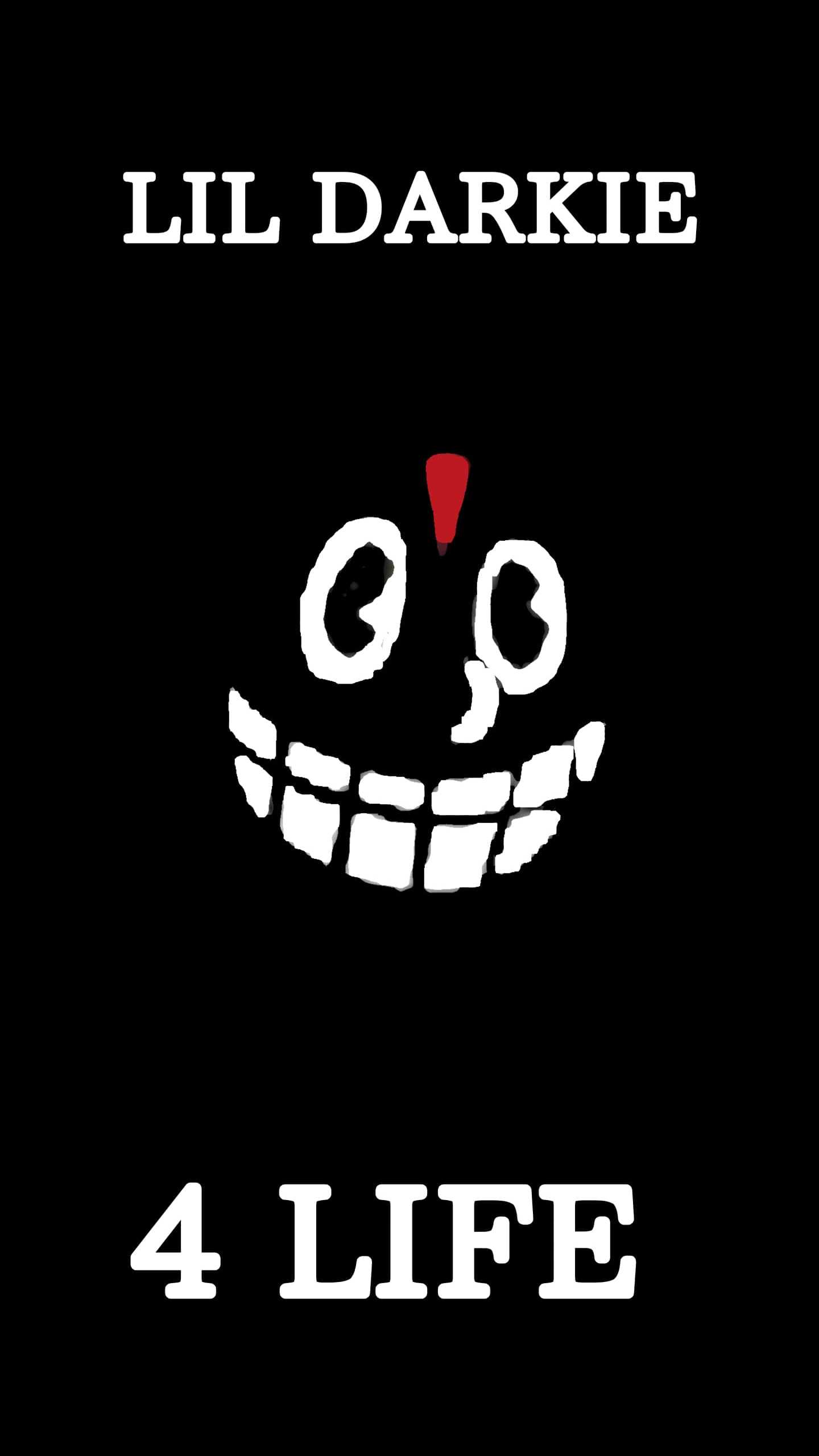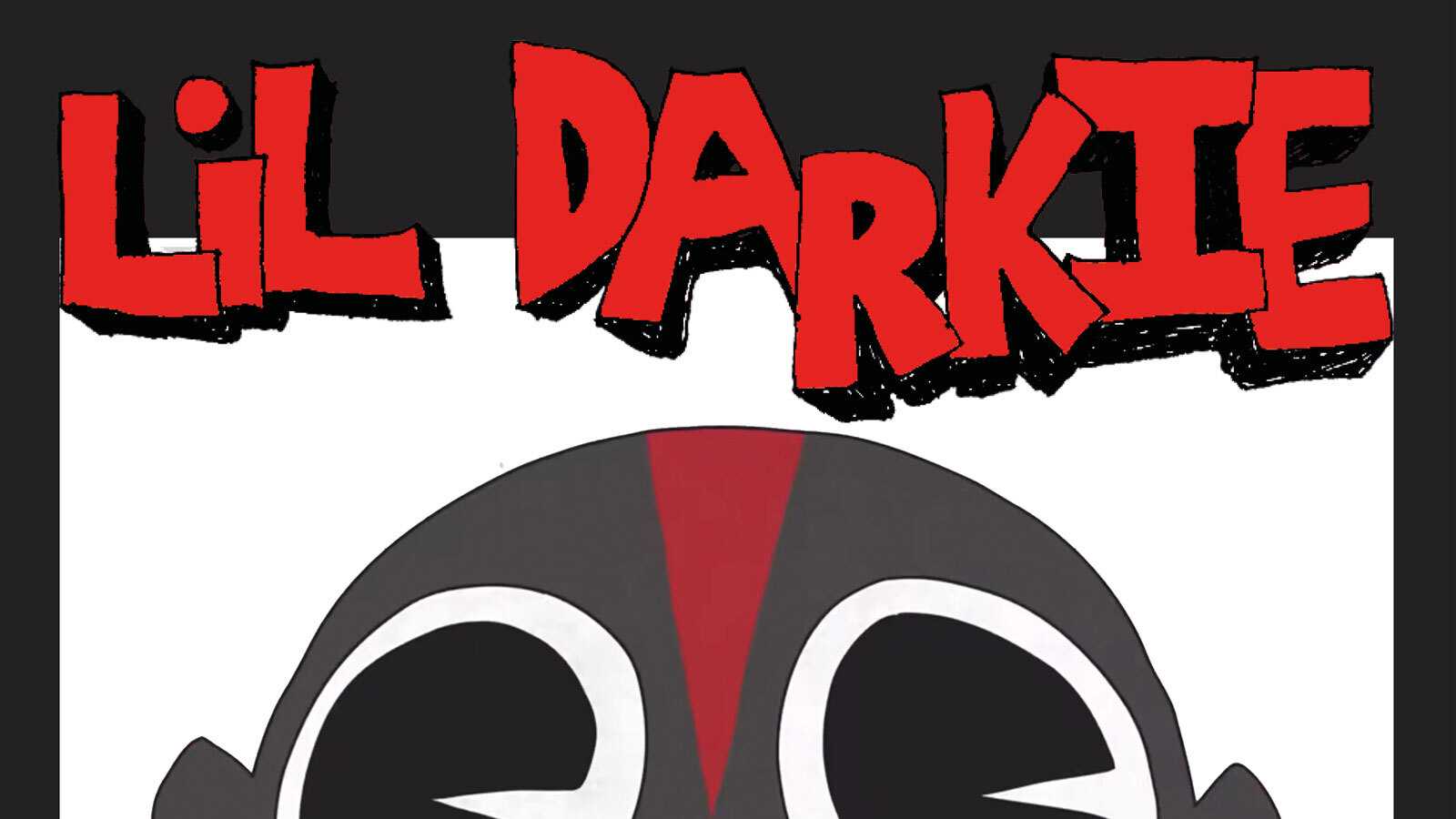Let me tell you something, folks—this question has been floating around for a while now, and it’s time we dive deep into the conversation. Is Lil Darkie black? The answer might seem straightforward, but there’s more to the story than meets the eye. In today’s world, where identity and representation matter more than ever, this topic deserves a closer look. So, buckle up, because we’re about to break it all down for you.
This isn’t just about a yes or no answer. It’s about understanding the context, the history, and the cultural significance behind the question. We’ll explore everything from Lil Darkie’s background to the broader implications of this discussion. By the end of this article, you’ll have a clearer picture of what’s really going on.
And hey, let’s not forget why this matters so much. In a world where representation shapes how we see ourselves and others, knowing the truth is powerful. So, whether you’re here out of curiosity or looking for answers, you’re in the right place. Let’s get started!
Table of Contents
Understanding Identity: Is Lil Darkie Black?
Digging into Lil Darkie's Background
Cultural Impact and Representation
Public Opinion: What Do People Think?
Frequently Asked Questions About Lil Darkie
Historical Context of Race in Music
Final Thoughts: What We’ve Learned
Biography: Who is Lil Darkie?
Before we dive into the question of whether Lil Darkie is black, let’s first get to know the person behind the name. Lil Darkie, born James Rodriguez, is an American rapper and social media sensation who gained popularity through platforms like TikTok and Instagram. Known for his unique style and catchy music, he quickly became a household name in the world of hip-hop.
Here’s a quick rundown of his key details:
| Full Name | James Rodriguez |
|---|---|
| Stage Name | Lil Darkie |
| Birthdate | March 15, 1998 |
| Place of Birth | Miami, Florida |
| Profession | Rapper, Social Media Influencer |
With this background in mind, it’s clear that Lil Darkie has made a significant impact in the music industry. But what about his racial identity? Let’s explore that next.
Understanding Identity: Is Lil Darkie Black?
The question of Lil Darkie’s race has sparked debates across social media and beyond. While some argue that he identifies as black, others claim he doesn’t fully fit the traditional definition. So, what’s the deal?
Lil Darkie himself has addressed the topic in interviews, explaining that his heritage includes both African American and Latinx roots. This mixed background adds complexity to the conversation, as identity is often more nuanced than a simple label.
Digging into Lil Darkie's Background
To truly understand Lil Darkie’s identity, we need to look at his family history. Growing up in Miami, a city known for its cultural diversity, Lil Darkie was exposed to a wide range of influences. His father is of Puerto Rican descent, while his mother has African American roots.
This blend of cultures has shaped his music and persona, allowing him to connect with fans from various backgrounds. However, it’s also led to questions about authenticity and representation in the music industry.
Cultural Impact and Representation
Lil Darkie’s rise to fame has sparked discussions about representation in the music industry. As a biracial artist, he occupies a unique space that challenges traditional notions of race and identity. This has led to both praise and criticism from different corners of the internet.
Some argue that Lil Darkie’s success represents progress in the industry, showcasing the power of diversity and inclusion. Others, however, question whether he fully understands the struggles faced by black artists and communities.
How the Media Reacted
When the question of Lil Darkie’s race first emerged, the media was quick to weigh in. Articles and opinion pieces popped up everywhere, with writers offering their takes on the matter. Some praised Lil Darkie for embracing his mixed heritage, while others accused him of capitalizing on black culture without fully acknowledging its roots.
One thing is clear: the media’s reaction highlights the ongoing conversation about race and representation in popular culture. As society becomes more aware of these issues, artists like Lil Darkie are under increasing scrutiny to ensure they’re representing their communities authentically.
Public Opinion: What Do People Think?
The internet is a wild place, and opinions on Lil Darkie’s identity run the gamut. Some fans fully support him, seeing his music as a celebration of his diverse background. Others, however, remain skeptical, pointing out instances where they believe he’s appropriated black culture.
Here are some common viewpoints:
- Supporters: They argue that Lil Darkie’s music reflects his unique experiences as a biracial artist and that he should be celebrated for breaking down barriers.
- Critics: These folks claim that Lil Darkie doesn’t fully understand the struggles faced by black artists and that his representation of black culture is superficial.
Ultimately, public opinion is divided, and the debate continues to rage on.
Frequently Asked Questions About Lil Darkie
Let’s address some of the most common questions surrounding Lil Darkie:
Is Lil Darkie fully black?
No, Lil Darkie is biracial, with both African American and Puerto Rican heritage. His mixed background adds complexity to his identity and has sparked discussions about race and representation.
Does Lil Darkie identify as black?
Yes, Lil Darkie has publicly stated that he identifies as black due to his African American roots. However, he also acknowledges his Latinx heritage, emphasizing the importance of embracing all aspects of his identity.
Why is this question so controversial?
The controversy stems from differing opinions on what it means to be black in today’s society. Some argue that Lil Darkie’s mixed background doesn’t fully qualify him to represent black culture, while others believe he should be celebrated for breaking down racial barriers.
Why This Question Matters
In a world where representation shapes how we see ourselves and others, understanding Lil Darkie’s identity is crucial. This conversation goes beyond just one artist—it’s about recognizing the complexity of race and identity in the modern era.
By discussing these issues openly, we can work towards a more inclusive and understanding society. It’s not about labeling someone as simply "black" or "not black"—it’s about acknowledging the nuances of identity and embracing diversity in all its forms.
Historical Context of Race in Music
To fully grasp the significance of this discussion, it’s important to consider the historical context of race in music. From the early days of jazz to the rise of hip-hop, black artists have consistently shaped the industry. However, they’ve also faced systemic barriers and discrimination along the way.
Lil Darkie’s story fits into this broader narrative, highlighting the ongoing struggle for representation and authenticity in the music world. By examining his journey, we can gain a deeper understanding of the challenges faced by artists of color today.
Final Thoughts: What We’ve Learned
So, is Lil Darkie black? The answer isn’t as simple as it seems. His biracial background adds layers to the conversation, challenging traditional notions of race and identity. While opinions may differ, one thing is clear: this discussion is important.
As we move forward, let’s focus on celebrating diversity and promoting inclusivity in all areas of life. Whether you’re a fan of Lil Darkie or not, there’s no denying the impact he’s had on the music industry. So, share your thoughts in the comments below, and let’s keep the conversation going!
And hey, if you enjoyed this article, don’t forget to check out our other content. There’s always more to learn, and we’re here to help you discover it.


